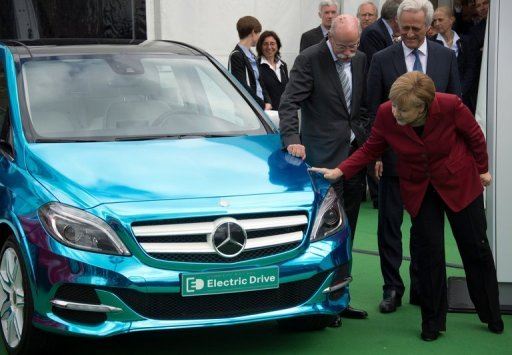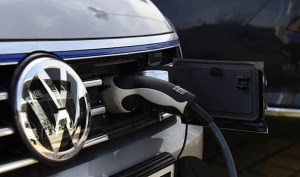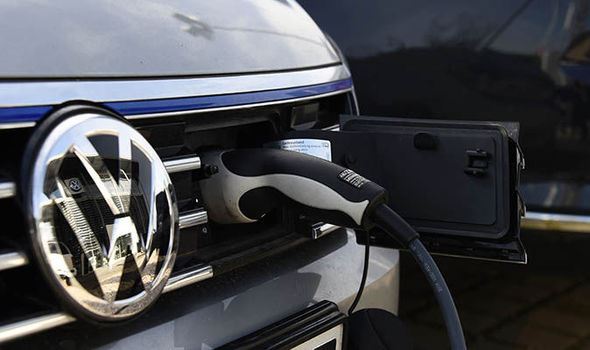Germans are beginning to embrace electric cars, with experts predicting the country will have a million hybrid or battery-electric vehicles on the road by 2022.
The government originally aimed to have that many e-cars in Germany by 2020, but slow uptake in the land of the Autobahn forced it to abandon that goal.
A government advisory panel said this week that recent additional financial incentives for buyers have helped provide the necessary jolt for Germany to reach the million mark two years late.
New registrations of electrical vehicles more than doubled in Germany last year, the fastest growth in the world, and there were 131,000 such vehicles registered by the end of 2017, according to the report.
Government subsidies
Sales were helped by the launch of a German subsidy scheme in 2016 worth about 1 billion euros (A$1.6 billion), partly financed by the German car industry, to boost electric car usage.
However, many consumers have been discouraged by the cost of the cars, their limited driving ranges and the lack of charging points.
Germany's coalition government plans to ease the tax burden on drivers of electric vehicles, provide at least an additional 100,000 charge points across the country and subsidise car-sharing to push a shift to greener transport.
Official figures show some 460,000 electric or hybrid cars in Germany last month, and about 13,500 publicly accessible charging stations.
German automakers, shaken by the diesel emissions scandal, now have 33 electric or hybrid cars on offer, a figure the industry expects to triple in the coming years.
Source: Associated Press


